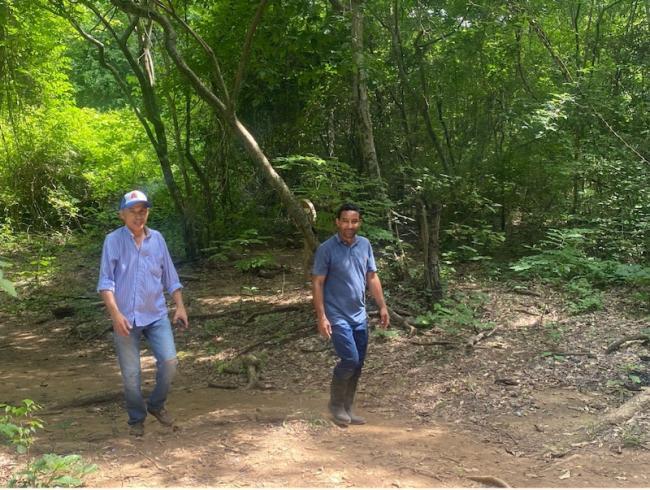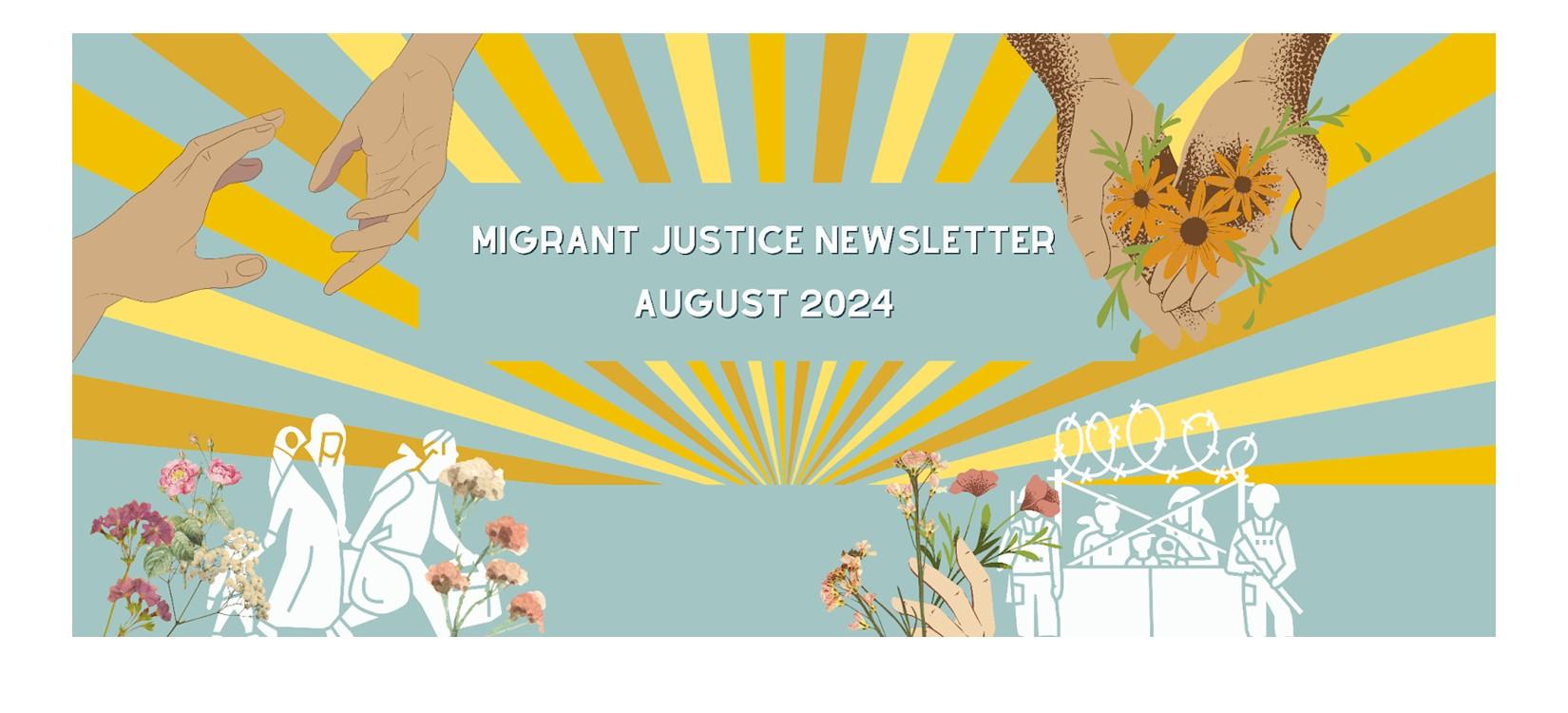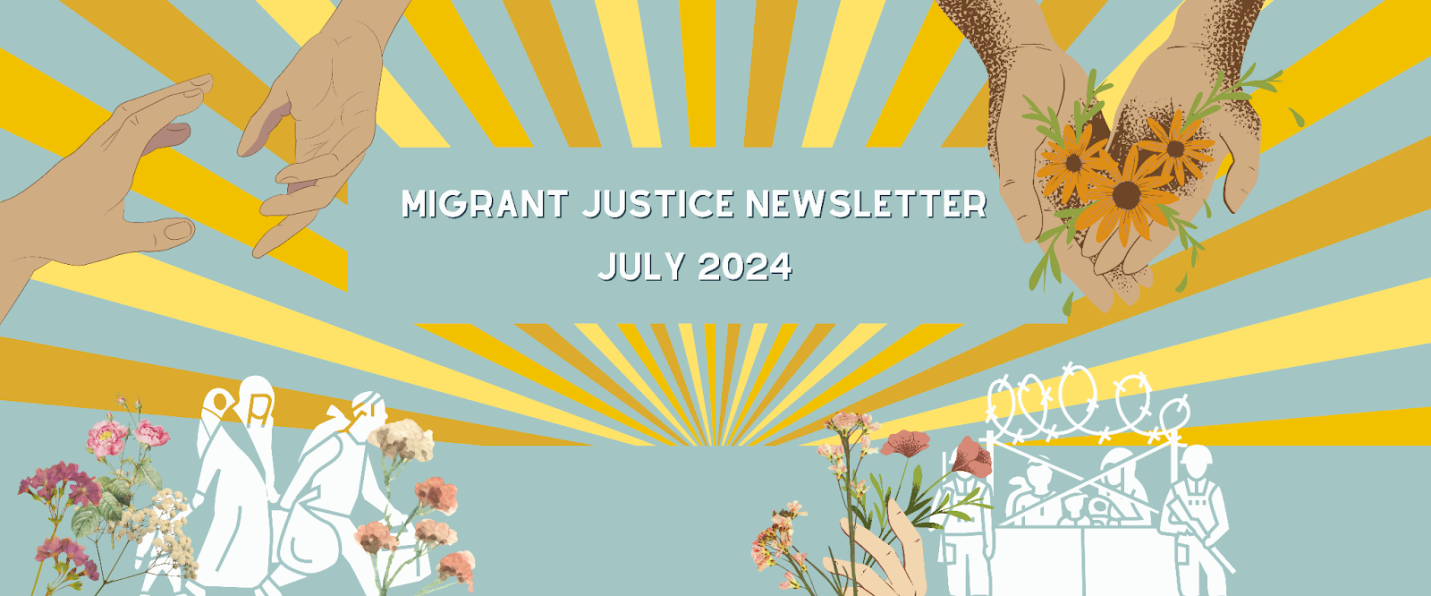Carlos Andrés Ascué Tumbo, a 30-year-old university student and father of a young daughter, had been receiving threats from illegal armed groups. Deeply committed to his community at the Pueblo Nuevo Indigenous Reservation in the Indigenous territory of Sa’th Tama Kiwe, “Lobo,” as he was affectionately known by friends and family, was serving as coordinator of the Indigenous guard in the Indigenous territory of Sa’th Tama Kiwe in northern Cauca Department.
The national office of the Human Rights Ombudsman was aware of the particular dangers faced by Indigenous and other human rights defenders in northern Cauca. The office had already issued early warnings because of several illegal armed groups operating in the area and threatening community leaders. Carlos Andrés Ascué Tumbo had filed a complaint with the Attorney General's Office, made a statement to the Public Prosecutor's Office, and requested individual protection measures from the National Protection Unit (UNP). The UNP, however, did not assess the seriousness of his situation and did not grant him protective measures.
On his way to pick up his wife and daughter from a swimming class on August 29, he pulled into a gasoline service station at about 4:30pm. In broad daylight in the El Pescador district of Caldono municipality, assailants gunned him down, and then sped away on their motorcycles.
The University of Cauca issued this statement: “The death of this renowned anthropology student from our alma mater comes at a time when the consequences of this absurd war continue to cause great grief. Therefore, reiterating our commitment to life and peace, we demand real guarantees for the protection of life, not only of our university community, but of every inhabitant of Cauca. We cannot allow the dreams and lives of those who fight for a more just and humane country to continue to be cut short. Men and women, young people, adolescents and children of this land need and deserve to live in a place where hope is not just another victim of the conflict, but a force capable of transforming the future.”
Carlos Andrés Ascué Tumbo, ¡presente!




